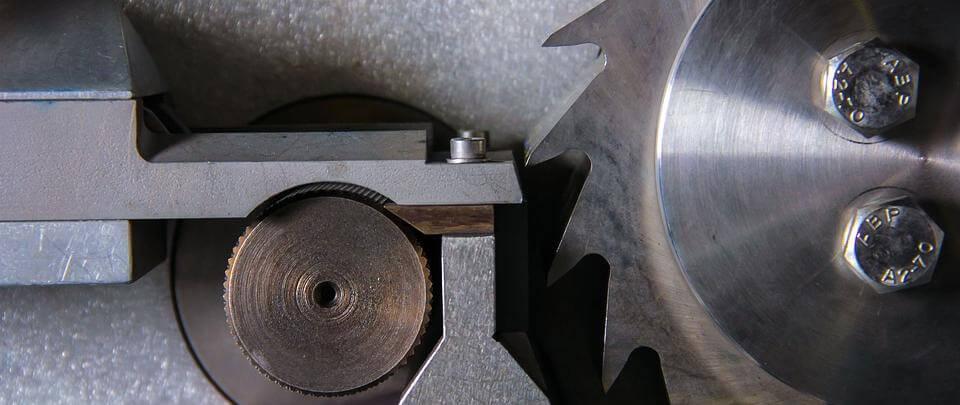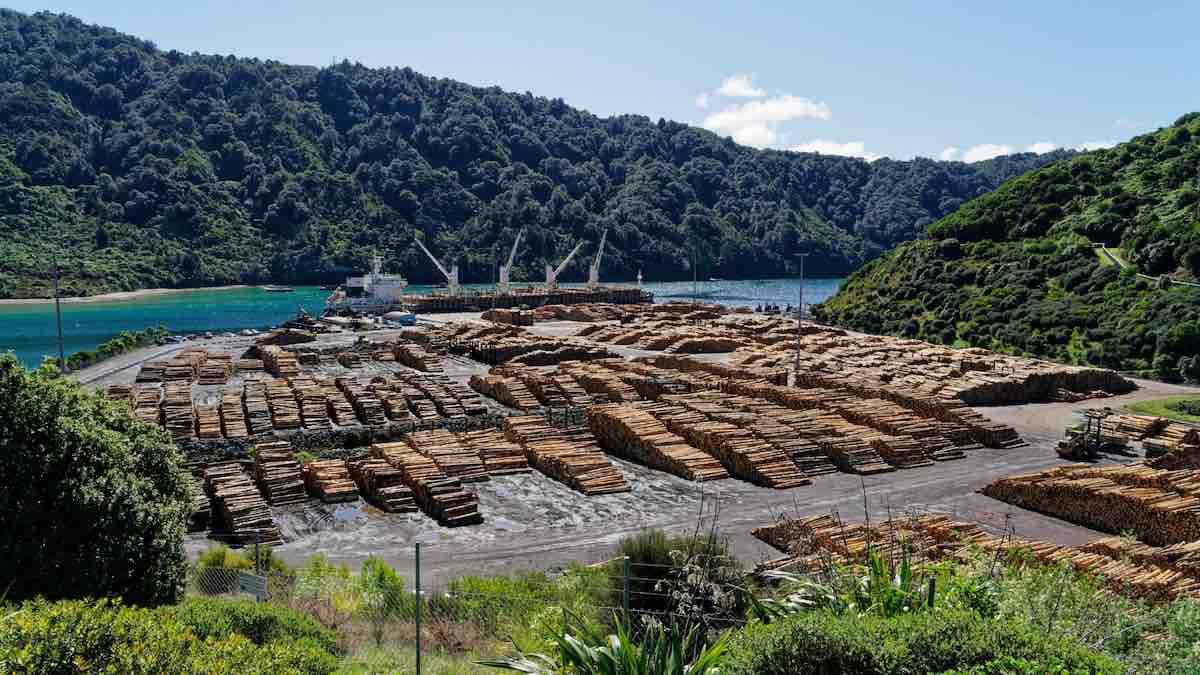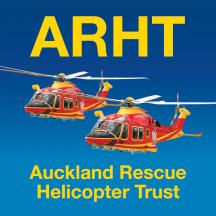Protect your business with the PPSR
Date
04 August 2020
Share

As economic activity resumes it is important that customers that are purchasing equipment, or are engaging in rental or hire of the vehicles or machinery to external parties, carefully consider risks associated with the Personal Properties Security Act.
Any form of motor vehicle, mobile plant & machinery, aircraft, and plant & machinery assets will be personal property under the Personal Property Securities Act 1999 (PPSA). The Personal Property Securities Register (PPSR) is an electronic database that records details of security interests in personal property. It covers almost any property a person (be that an individual or a business) can own, important exceptions being land & buildings (interests are held with the Land Registry) and ships over 24 metres.
The PPSR is essentially a public notice board of security interests. Any form of asset finance loan will always create a security interest, and any business involved in buying, selling, leasing or hiring out goods should be aware of the PPSR and use it to protect their interests.
Use of PPSR when purchasing assets:
The PPSR register can be searched in accordance with the Personal Property Securities Act 1999. It is available to the public to search 24/7, 365 days of the year, for a small fee (currently $2). Items on the register are often identified by their serial number or, in the case of vehicles, registration number or VIN.
Financiers providing asset finance lending or leasing assets will register interest over assets they fund on the PPSR. When purchasing any pre-owned machinery it is advisable to check the register to see whether there are any existing security interests over the debtor’s collateral. If there is, it likely means another party is already using the asset as security for a loan and still has money owing on it, or has leased the asset from a 3rd party so does not actually own the equipment. You can, and should, search the PPSR before buying second hand plant, equipment or vehicles to check that there is no money owing and that any previous debt and security interest has been, or will be, discharged prior to purchasing the asset. Failure to do so could mean you lose the asset to the secured party.
Renting or leasing assets:
Companies involved in renting or leasing equipment, even between related parties, should take particular care to ensure they are registering everything properly on the PPSR. Be aware, if you are renting or leasing equipment, your lease or rental agreement will often create a security interest that should be registered on the PPSR. Any lease or rental agreement for a period of greater than 12 months will meet this definition, but care is necessary as even short-term rental agreements could create the need to register a security interest if the agreement is for an indefinite lease/rental period or is extended during the term of the rental. Firstly, you should ensure that any rental or lease agreement is enforceable. We continue to see dated rental agreements that do not cover PPSA related issues, “handshake” rentals that do not create an enforceable agreement, and companies putting themselves at risk by renting equipment to 3rd parties without registering a security interest. If you fail to create an enforceable agreement and then complete this registration on the PPSR, you can lose your equipment to any party that has an “All Present and Acquired Property” security interest over whoever is in possession of the gear should that customer not pay or go broke. Most commonly this will be the bank or other major funders who hold a General Security Agreement. The cost of a PPSR registration is currently $14, so the cost is minor when compared to the risks of not registering a PPSR charge.
Take care when using the PPSR:
When either searching the PPSR, or registering a security interest, it is critical to ensure that the identifying numbers are absolutely correct. Items on the register are often identified by their serial number or, in the case of mobile assets such as vehicles or mobile equipment (e.g. excavators), registration number or VIN/PIN number. Year of Manufacture, Make and Model are also required when registering against a Motor Vehicle. When registering against a serial number it is advisable to obtain a photograph of the machine serial number plate to ensure that the registration is 100% accurate, and registered against all variations of the serial number, year of manufacture, make and model are also required when registering against a Motor Vehicle, and under the PPSA Motor Vehicle is broadly defined and will include just about any form of mobile plant (wheels or tracks). We have seen examples of conflict in relation to security interest when registrations have relied on serial numbers inaccurately provided by the machinery vendor, which have turned out to have minor errors or only be a partial serial number. It is also advisable to search and register against all possible variations of identifying number, including both Serial Number and Product Identification Number (PIN). Given most of us carry a high definition digital camera in our back pocket these days, the hassle of obtaining accurate identification numbers is minor.
Care must also be taken to register within defined timeframes. Priority rules determine which secured party ranks higher and determines who is paid out first from the collateral. In order to protect your interest, you should register either prior to, or no later than 10 working days after, the lessee takes possession of the assets. This will provide you Purchase Money Security Interest (PMSI) and this provides priority over competing security interests in that property. However, if you register after that timeframe, you may lose your security to existing security holders, such as the debtors bank.
Care must also be taken to maintain and renew PPSR registrations. Registrations expire five years after the day they were registered, so when entering into long term agreements care must be taken to ensure registrations do not lapse unintentionally.
The PPSR can be found online at https://ppsr.companiesoffice.govt.nz/help-centre/getting-started/what-is-the-ppsr/, https://ppsr.companiesoffice.govt.nz/about/construction/
Some good general legal articles highlighting PPSR risk are here:
https://www.chapmantripp.com/publications/a-four-step-plan-to-reduce-ppsa-risk
https://www.upperhutthire.co.nz/ebert-construction-the-implications/
https://nzlaw.co.nz/news/ppsr-lease-losses/
At Finance New Zealand, we often provide information to our customers regarding the PPSR related risks to their businesses. However, we recommend you speak to your lawyer regarding any detailed questions you have.
Similar Posts
07 February 2024
Business finance news: The finance sector regulatory environment
Many businesses will welcome a change in government to one seen as more business friendly. Within the financial sector we expect to see the following impacts in the short term:

07 February 2024
Business finance news: The domestic economy
Business confidence has improved since late 2023 but remains a mixed bag. This mirrors what we are seeing across our own business. As we have returned from summer holidays, there seems a more optimistic attitude within our client base.


Page Links
Contact us
Finance New Zealand Limited L11 BDO Tower, 19-21 Como Street, Takapuna, Auckland 0622 PO Box 65164, Mairangi Bay 0754 T: (09) 222 0320E: info@financenz.co.nzMember of


Proud Sponsors of Auckland Rescue Helicopter Trust
Copyright Finance New Zealand Ltd 2024



